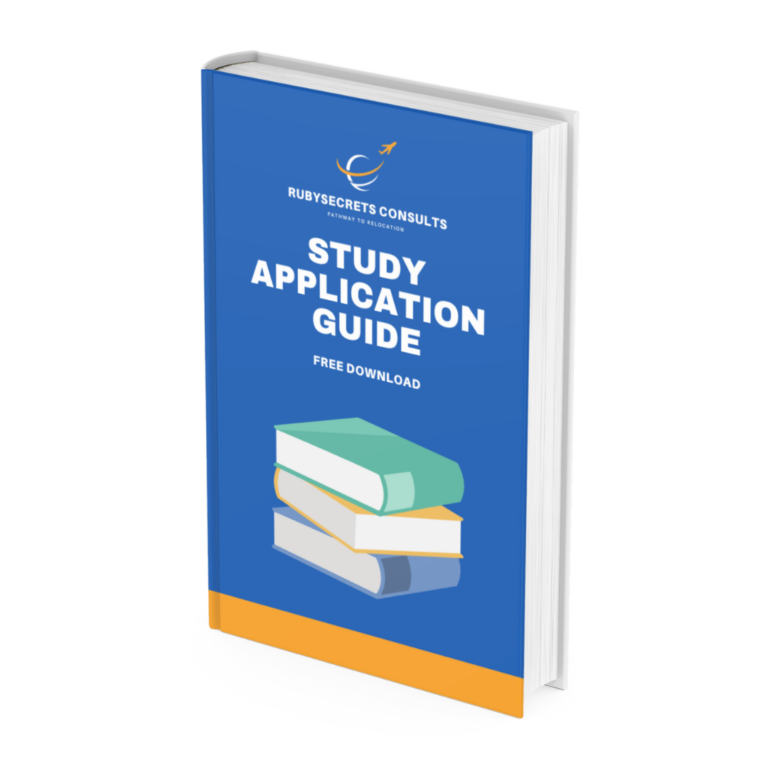Studying in Europe goes beyond academics—it’s a powerful opportunity to gain professional experience and ease financial burdens. In most countries across the continent, international students are permitted to work part-time during the academic term and full-time over holidays, helping you build your CV, network locally, and live more comfortably.
Benefits of Working as a Student in Europe
Earn income for living and study expenses
Gain international work experience to strengthen your resume (education.ec.europa.eu, abroadin.com)
Network and integrate with local culture and industry contacts
Country-by-Country Work Rules
Germany
Non-EU students: Up to 140 full days or 280 half-days per year (≈20 hrs/week); full-time allowed during breaks (studying-in-germany.org). EU students are the same 20 hrs/week limit; academic/internship roles exempt
France
Up to 964 hours/year (~18–20 hrs/week); internships typically don’t count toward limit
Netherlands
Standard limit 16 hrs/week during term; full-time permitted in summer
Ireland
20 hrs/week during term, 40 hrs/week during holidays; post-study stay up to 24 months with Graduate Scheme
Sweden
No formal hours limit—students must balance work and study responsibly (schengenvisainfo.com)
Finland
Up to 30 hrs/week term-time; no restrictions during breaks; degree-related jobs are exempt
Austria
20 hrs/week during term; for non-EU students, a work permit applied through the local Employment Service
Switzerland
15 hrs/week during term; full-time in holidays after six months of residence. Typically 20 hrs/week term-time; full-time during breaks
Denmark
15–20 hrs/week? newly capped at 90 hrs/month during academic periods (schengenvisainfo.com)
Tips for Balancing Work and Study
Check visa/permit rules—some roles require special work permits
Set clear boundaries—prioritize your academic performance
Use university support—career offices offer job listings and advice
Know labor regulations—understand wages, contracts, and taxation (thevisacentral.org)
How to Get Started
Understand country rules—review your visa and local legislation.
Check job portals/university services—they often feature part-time and internship listings.
Pursue field-related roles—prioritize roles that support your career goals.
Schedule wisely—align work shifts with your study timetable and breaks.
Track hours—to avoid exceeding legal limits.
Plan post-graduation—explore work visas like Ireland’s Graduate Scheme or Germany’s job-seeker permit.
Final Thoughts
Working while studying in Europe is a smart way to gain experience, reduce costs, and integrate with your host country. With careful planning—knowing your visa limits, balancing hours, and leveraging university support—you can maximize both your educational and professional journeys.
Want help navigating student visas or work regulations across Europe? Book a consultation with us now to explore your best study-and-work options!


